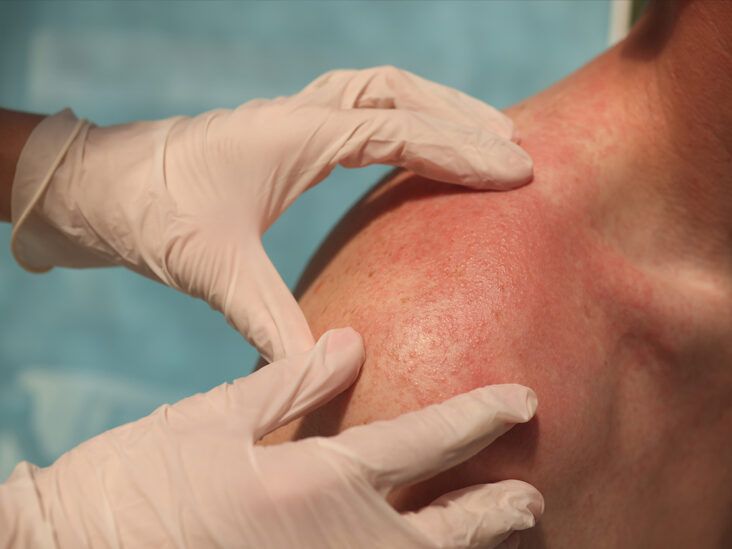Look for an experienced dermatologist for skin care treatment tailored to your needs.
Look for an experienced dermatologist for skin care treatment tailored to your needs.
Blog Article
Navigating Skin Cancer Cells Therapy: The Crucial Role of Mohs in Modern Dermatology Practices
Skin cancer, a difficult diagnosis, typically leaves individuals coming to grips with various treatment options. Among these, Mohs surgery stands as a sign in contemporary dermatology, renowned for its precise approach to cancer cells removal and conservation of bordering healthy cells. This ingenious practice guarantees not only superior cosmetic end results yet also offers instant results, alleviating individual anxiousness. As we check out the intricacies of this procedure, one will certainly appreciate its essential duty in skin cancer treatment.
Recognizing Skin Cancer Cells: Types and Risks
Skin cancer, a potentially deadly ailment, is far much more widespread than lots of people understand. This condition, caused by the unrestrained development of irregular skin cells, mainly arises from DNA damage due to direct exposure to the sun and ultraviolet (UV) light. There are 3 primary sorts of skin cancer: Basal cell carcinoma, Squamous cell cancer, and Melanoma. While the previous 2 are less deadly and make up most of detected instances, melanoma is one of the most dangerous. It accounts for just regarding 1% of skin cancer cells situations however causes the large bulk of skin cancer cells deaths - dermatologist. Danger variables consist of fair skin, history of sunburn, extreme sun exposure, living at high altitudes or near the equator, having several moles, a household history of skin cancer, and compromised immune system.
What Is Mohs Surgical treatment and Just How It's Reinventing Skin Cancer Cells Therapy
Regardless of the numerous therapies presently available for skin cancer, Mohs surgical treatment sticks out as a groundbreaking and highly efficient solution. Named after Frederic E. Mohs, the doctor who created the procedure, Mohs surgery is a specific medical method used to treat skin cancer cells. During the treatment, slim layers of cancer-containing skin are progressively eliminated and examined up until only cancer-free tissue remains. This approach enables the cosmetic surgeon to verify that all cancer cells have been eliminated at the time of surgical procedure. This level of precision, integrated with the capability to spare as much healthy and balanced tissue as feasible, is reinventing skin cancer treatment. Because of this, Mohs surgery has actually ended up being a cornerstone of contemporary dermatology methods.
The Advantages of Mohs Surgical Procedure Over Conventional Skin Cancer Cells Therapies
Structure on the ingenious nature of Mohs surgery, it's vital to consider its numerous advantages over traditional skin cancer therapies. Unlike common procedures, Mohs supplies a greater treatment rate, often reaching 99% for new treatments and 94% for recurrent cancers. Furthermore, it minimizes damage to healthy and balanced skin, leading to much less scarring and boosted cosmetic results.
The Procedure of Mohs Surgery: What to Anticipate Throughout the Process

Potential Side Results and Post-Operative Care of Mohs Surgical Treatment
Undertaking Mohs surgery, like any various other procedure, involves potential adverse effects that people need to be mindful of. Common negative effects include discomfort, bruising, and swelling at the surgery website. Nevertheless, these are normally short-term and convenient with non-prescription discomfort medicine and ice bag. In uncommon cases, patients may experience infection, blood loss, or a sensitive reaction to the regional anesthetic. Post-operative care is vital to healing and lessening adverse effects. This commonly includes maintaining the injury tidy and dry, taking prescribed medications, and preventing laborious activities. Individuals must also attend all follow-up appointments for injury treatment and tracking. Sometimes, extra therapies might be required to make sure complete removal of the cancerous cells. Complying with link these post-operative treatment standards can significantly enhance recovery and results.
Verdict

Report this page